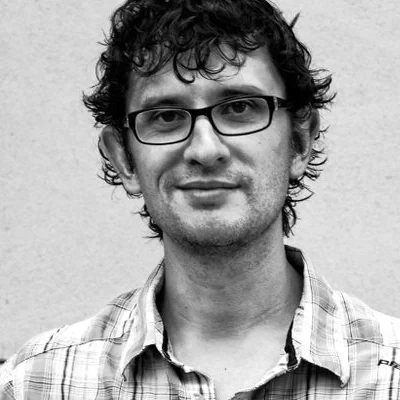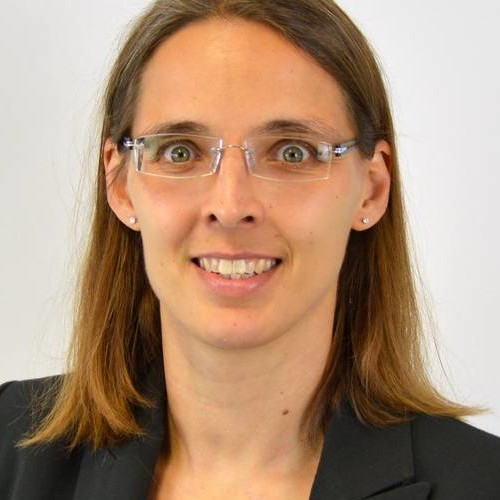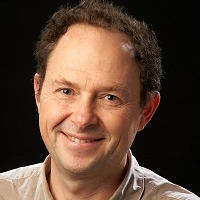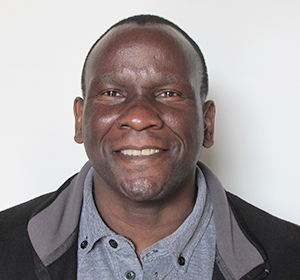Workshop presenter

Prof Geoff Vasil
(University of Edinburgh, UK)
Bio: Prof Vasil did his PhD in Geophysical and Astrophysical Fluid Dynamics at the University of Colorado. Before that, he studied mixtures of Pure and Applied Mathematics, and Theoretical Physics. He works on topics surrounding Physical Applied Maths, Fluid Mechanics, Plasma Physics, Solar Magnetohydrodynamics and Mathematical Computing.
Since 2012, he has been a founding core-team member of the open-source Dedalus project: http://dedalus-project.org
Recently, Dr Vasil has been expanding into new areas. On the more pure side, the rich geometric and combinatorial structures surrounding orthogonal polynomials and special functions (useful, e.g., for the computational framework underlying Dedalus). This includes applications to probability, combinatorics, optimisation and mathematical physics. Further on the applied side, Dr Vasil has been studying differential equations on networks with contiguous edges. This work has wide-ranging applications in mathematical biology and condensed matter physics.
Plenary speakers

Prof Swantje Bargmann
(University of Wuppertal, Germany)

Prof Bengt Fornberg
(University of Colorado Boulder, USA)

Prof Sudan Hansraj
(University of KwaZulu-Natal)

Prof Dephney Mathebula-Periola
(University of Fort Hare)

Prof Paul Milewski
(Penn State University, USA)

Prof Precious Sibanda
(University of KwaZulu-Natal)

Prof Geoff Vasil
(University of Edinburgh, UK)
Numerical analysis is full of perennial tradeoffs: speed versus flexibility, realism versus tractability, and (more subtly) freedom versus commitment. Make too few choices and expect inefficiency; make too many, and lock yourself into a brittle, over-specialised pipeline. This talk is about a sweet spot that appears repeatedly in mathematics and computation: choosing just enough structure.
Spheres, balls, and disks sit right in that sweet spot. They are not the geometry of a race car, but they are excellent for stars, planets, and many laboratory experiments, simple enough to admit powerful representations and rich enough for serious physics. I’ll begin with spherical harmonics as the canonical basis for scalar fields on the sphere, then explain why vector and tensor PDEs force you into the broader (and often underused) world of spin-weighted spherical harmonics, with their clean calculus and beautifully sharp identities.
Moving from surfaces to volumes brings in a parallel cast: Zernike polynomials. I’ll describe my efforts to build a hierarchy of generalised Zernike-type polynomial bases that support vector and tensor fields across dimensions. The story becomes even more interesting once curvilinear basis elements enter the game, naturally leading to discrete structures that expose hidden algebra and yield non-numerical insights. Along the way, I’ll present many motivating applications, for example, elastically driven turbulence in pipe flow and fully compressible convection in a spherical star, with turbulence extending all the way to the centre.
Bio: Prof Vasil did his PhD in Geophysical and Astrophysical Fluid Dynamics at the University of Colorado. Before that, he studied mixtures of Pure and Applied Mathematics, and Theoretical Physics. He works on topics surrounding Physical Applied Maths, Fluid Mechanics, Plasma Physics, Solar Magnetohydrodynamics and Mathematical Computing.
Since 2012, he has been a founding core-team member of the open-source Dedalus project: http://dedalus-project.org
Recently, Dr Vasil has been expanding into new areas. On the more pure side, the rich geometric and combinatorial structures surrounding orthogonal polynomials and special functions (useful, e.g., for the computational framework underlying Dedalus). This includes applications to probability, combinatorics, optimisation and mathematical physics. Further on the applied side, Dr Vasil has been studying differential equations on networks with contiguous edges. This work has wide-ranging applications in mathematical biology and condensed matter physics.